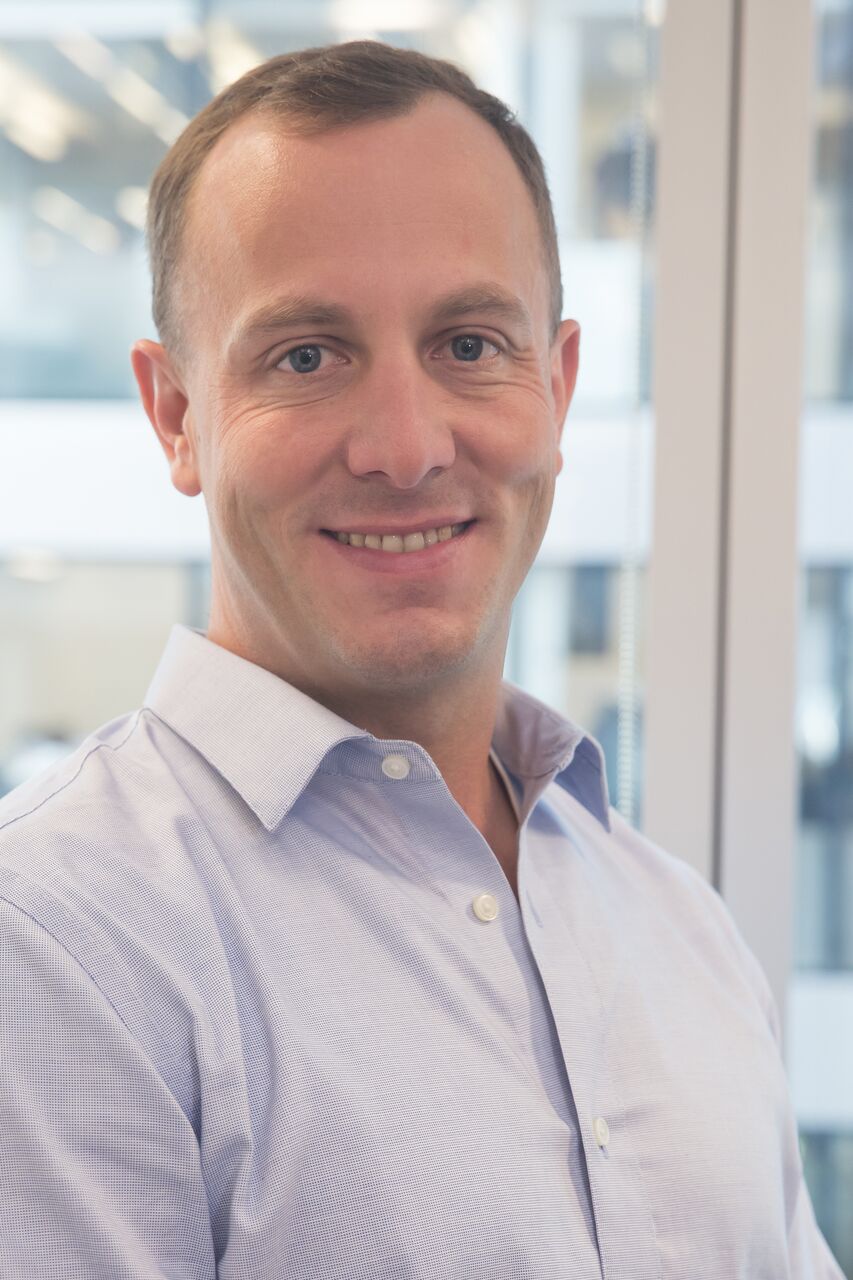LeapRate interview… Retail brokers generally state that around 75% of retail investors lose money – the majority of these losses are in the spread value of their trades (because they are trading on wide spreads) rather than because they call the market wrong. However, studies have shown that over the long-term (if you take out transaction costs and spreads), clients’ trading P&L is generally no better or worse than that of their brokers. LeapRate spoke to Jeff Wilkins, Managing Director of IS Risk Analytics (ISRA), to explore this topic further.

Jeff Wilkins
LR: What is your view on a B-book risk management strategies which focus on profiting from client losses?
Jeff: We see many B-book brokers whose goal is to capture 100% of ‘client drop’ when it occurs.
Sometimes this approach can work. The market volatility during March and early April this year – the highest we’ve seen since 2008 – was generally good news for such brokers, who were no doubt congratulating themselves on being able to profit from their clients’ losses.
But waiting every 12 years or so to make a killing from unprecedented market events is not the optimum way to run a business, particularly when it comes to managing P&L and risk.
Rather than just hoping for the best and getting lucky from time to time, brokers need to take a more systematic and calculated approach to risk, putting themselves in a much stronger position.
LR: What does this systematic approach to risk consist of?
Jeff: Brokers need to break down and accurately measure all revenue components, rather than viewing it as a sort of ‘P&L soup’. By analysing what constitutes risk revenue (from B-booking their clients’ trades), versus risk-free revenue components (from things like spreads, swap mark-ups and commissions), brokers can better predict what their month-on-month revenues are likely to be, gain a better understanding of how to set up a cost basis against that, lock in consistent revenue streams over time and budget for the future.
At ISRA, we’ve been helping our clients in the retail broking community do exactly that. And what we’ve been able to show them has been quite enlightening.
